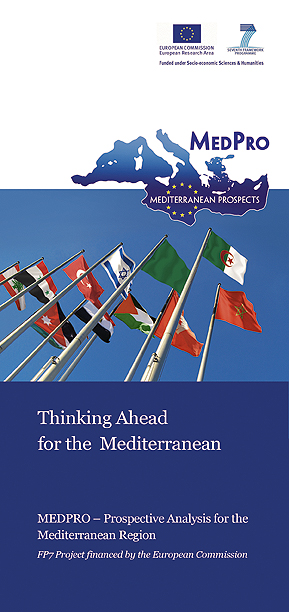- التنسيق العلمي
- الجوغرافية السياسية وحكومة
- الديموغرافيا، والصحة، والشيخوخة
- إدارة البيئة والموارد الطبيعية
- الطاقة، والتخفيف من حدة تغير المناخ
- التكامل الاقتصادي، والتجارة، والاستثمار، والتحليل القطاعي
- الخدمات المالية وسوق رأس المال
- رأس المال البشري، والحماية الاجتماعية، وعدم المساواة والهجرة
- وضع السيناريوهات وتقييم الأثر
- سيناريوهات التكامل الإقليمي والتعاون مع الاتحاد الأوروبي
Egypt: Changes and Challenges of Political Transition
اثنين, 06/06/2011 - 09:46 | by admin
Hosni Mubarak’s regime and its power system enjoyed remarkable stability for over 30 years. On 11 February 2011, however, after 18 days of mass protests, the Egyptian president was forced to step down, revealing the unsustainability of the political and economic system that had ensured his continuity for so long. While the revolution of January 25th led to a major success – the fall of Mubarak – Egypt’s political future is still opaque and exposed to a number of risks. This paper first highlights the factors underpinning the former stability of Mubarak’s regime; it then assesses the causes of its underlying unsustainability, leading to the popular anti-government mobilisation in January-February 2011 and the removal of Mubarak; finally the paper evaluates the prospects for a genuine democratic transition in Egypt, by looking at the main political and socio-economic challenges facing the country.
Maria Cristina Paciello is researcher for Istituto Affari Internazionali (IAI) in Rome and lecturer in Economic and Political Geography of Development at La Sapienza University of Rome.
| المرفق | الحجم | الطلبات | Last download |
|---|---|---|---|
| MEDPRO TR No 4 WP2 Paciello on Egypt.pdf | 481.2 ك.بايت | 1545 | منذ 3 أيام 22 ساعة |
تاريخ المطبوعة:
Mon, 23/05/2011
المؤسسة: IAI








